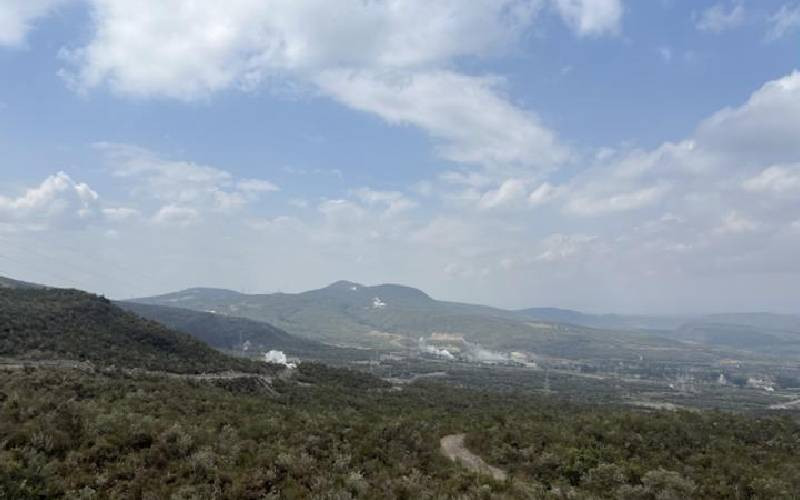×
The Standard e-Paper
Fearless, Trusted News

Naivasha never ceases to fascinate me. It's not about the lake for now. It's about how nature is fair and gracious.
Think of Olkaria, dry and unforgiving. But that's where steam for producing power is found. Who thought anything valuable could come from such a desolate place?